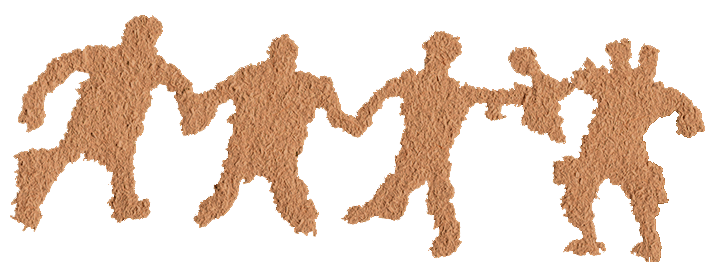| elomahkek |
where land extends away; up country |
| elomahkomikek |
where the land extends away |
| elomakomek |
where a lake extends away; away over or on the lake |
| elomaskutek |
where a field extends away; away over the field |
| elomipisokek |
away into the bushes |
| 'kihkehe |
s/he is all gone; (dual and plural, also) they have all left, have all gone away |
| mace (maciy-) |
starting, beginning; departing, going away; (traveler, etc.) starting off |
| macehom |
s/he starts to swim, swims away |
| macehtehkomon |
s/he starts to kick it, kicks it away |
| macekimal |
s/he sends h/ away, orders h/ to go, dismisses h/ |
| macekuhuke |
s/he, it floats away, begins to float |
| macelamsuke |
s/he, it blows away, starts to blow away |
| macephal |
s/he takes or carries h/ away; s/he gives h/ ride in car |
| maceptasu |
it is taken away |
| maceptuwatomon |
s/he takes it away (from somewhere), carries it away |
| macetomhe, macetomehe |
s/he, it slides away, starts sliding |
| macetuwiye |
(bird, pilot) s/he flies away, starts to fly |
| macetuwiyekhal |
s/he flies away with h/ |
| maciyacqiptun |
s/he carries it away by dragging it |
| maciyacqitun |
s/he drags it away, starts to drag it |
| maciyamkipha |
s/he takes them away in group or line (people, animals) |
| maciyamkuhse |
s/he starts walking or walks away on gravel; (dual and plural, also) they start walking or walk away in a line, in a group (e.g., procession, march) |
| maciyapasuwok |
they leave on foot, walk away; they leave (by any means: Wol); (toddlers) they start to walk |
| maciyaphal |
s/he starts to track h/; s/he moves away, tracking h/ |
| maciyaptu |
s/he starts to leave tracks, goes away leaving tracks |
